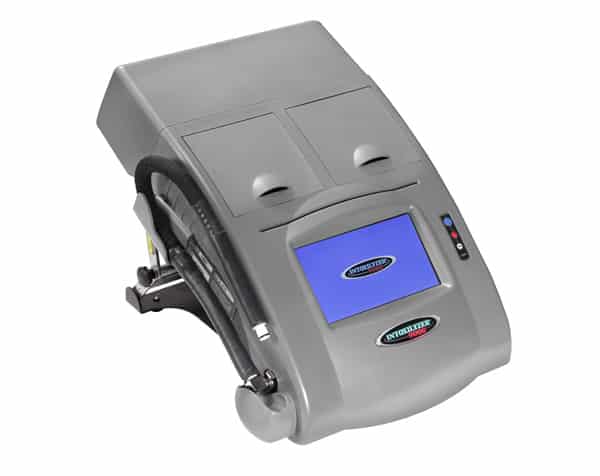
As with all laboratory instruments, the Intoxilyzer 9000 requires proper inspections and regular maintenance for accurate measurements. The Intoxilyzer 9000 is the approved device used in Travis County Breath Tests for DWIs and other alcohol related driving offenses. As the device is used over time it can experience a drift in precision, higher error rates, and a need to be taken out of service. In the context of breath alcohol testing, traceability of measurements is required by the laboratory’s accrediting agency. Without inspections and proper calibration, a lab cannot demonstrate that the blood alcohol testing equipment it uses is properly maintained. Reliability is the lynchpin for the admissibility of scientific evidence at trial.
Regular inspections and calibration were a standard requirement for all approved breath testing devices in Texas. The Texas Department of Public Safety Breath Alcohol Testing Program listed these requirements in their Standard Operating Procedures for Evidential Breath Alcohol Testing found in OSD-TST-01, section 3. Among other things, section 3 states: “An instrument inspection may only be conducted at the evidential testing location. … Each active testing location should have an inspection performed at least once per calendar month.” The inspections were conducted on-site by a Technical Supervisor from the Texas Department of Public Safety.
However, on April 2, 2020, as concerns for Covid-19 infections grew, the Scientific Director for DPS announced that the practice of monthly onsite inspections would be suspended. The Director noted that: “The delay may be extended if subject records cannot be retrieved for all of the Travis County testing locations.”
Inspections had ensured that each Intoxilyzer met specific reliability criteria so that the results could be admitted in court. The Technical Supervisor was required to analyze expired breath specimens and verify the reference system. Along with inspecting the Intoxilyzer, the Technical Supervisor evaluated the test environment, associated devices such as diluters, and expirations for internal standard and solution lot. Additionally, for an onsite inspection to be properly completed, the Technical Supervisor had to verify that: all air blank results were 0.000; subject results were 0.000; and that the report was signed.
The Technical Supervisor was expected to conduct any other tests deemed necessary by the Director to correctly and adequately evaluate the instrument to give correct results in routine breath alcohol testing and be practical and reliable for law enforcement purposes. Only after the Intoxilyzer met those standards could an Intoxilyzer 9000 be placed on the list of approved instruments. If an Intoxilyzer failed to meet inspection standards, the Director could rescind approval and remove an instrument by manufacturer brand or model designation from the approved list.
Our law office received notice in September 2021 that the practice of monthly onsite inspections are still suspended and have not been reinstated. These devices now have been in service for a period of 18 months where they had previously undergone routine monthly inspections as set out in DPS Standard Operating Procedures. Based on the Director’s April 2020 announcement, these breath test devices are now far outside the range of reasonable and accepted protocols for inspections and service. This lack of inspection has called into question the validity of all alcohol breath tests during this period.
Austin Criminal Defense lawyer
David Frank has been an Austin Criminal Defense lawyer since 1993. He is Board Certified in Criminal Law by the Texas Board of Legal Specialization. An attorney who is Board Certified by the Texas Board of Legal Specialization in Criminal Law must have experience in the preparation and trial of serious criminal matters. The attorney must also have extensive knowledge of state and federal constitutional law, evidence, procedure and penal laws involved in the trial of these matters.



Leave a Reply